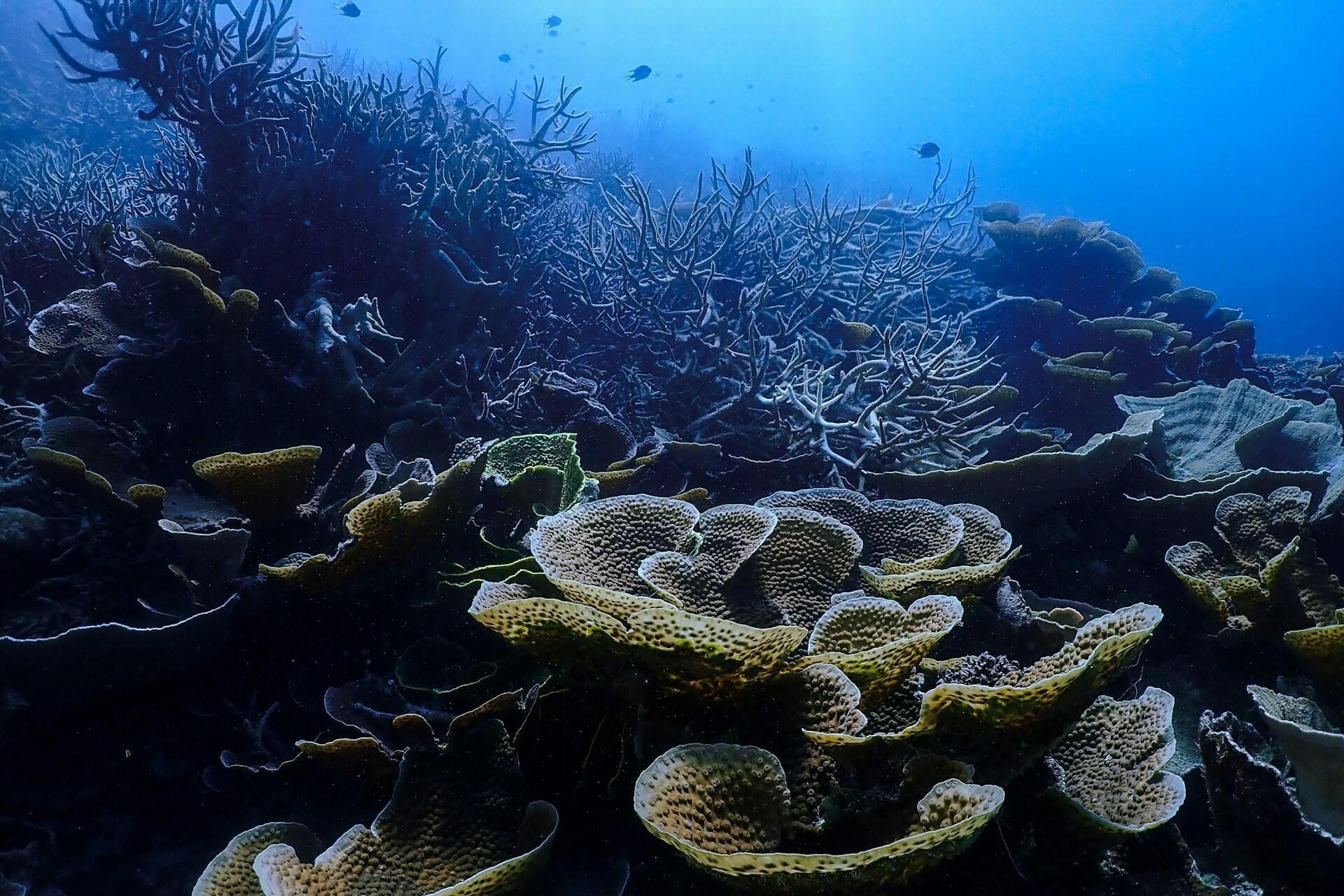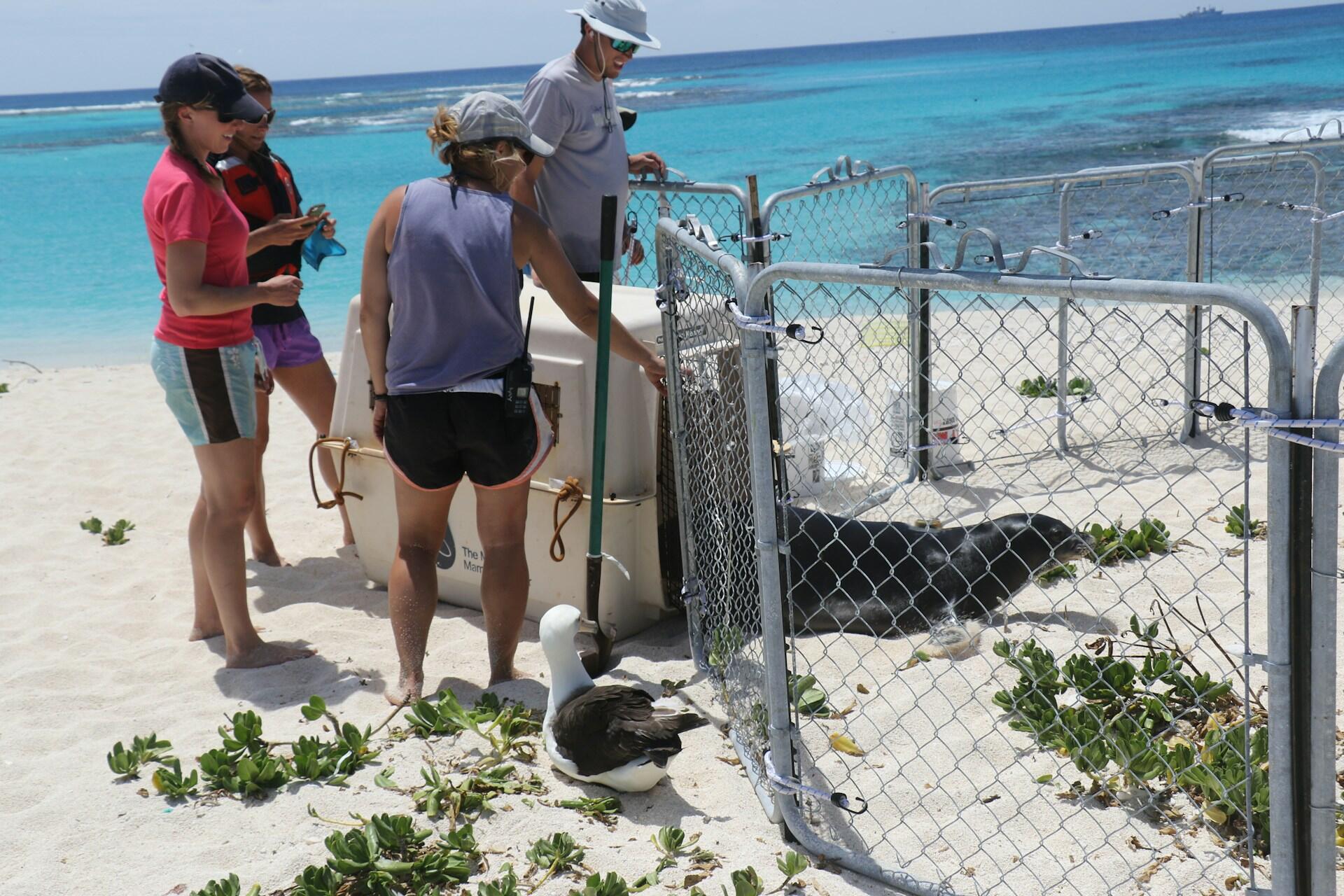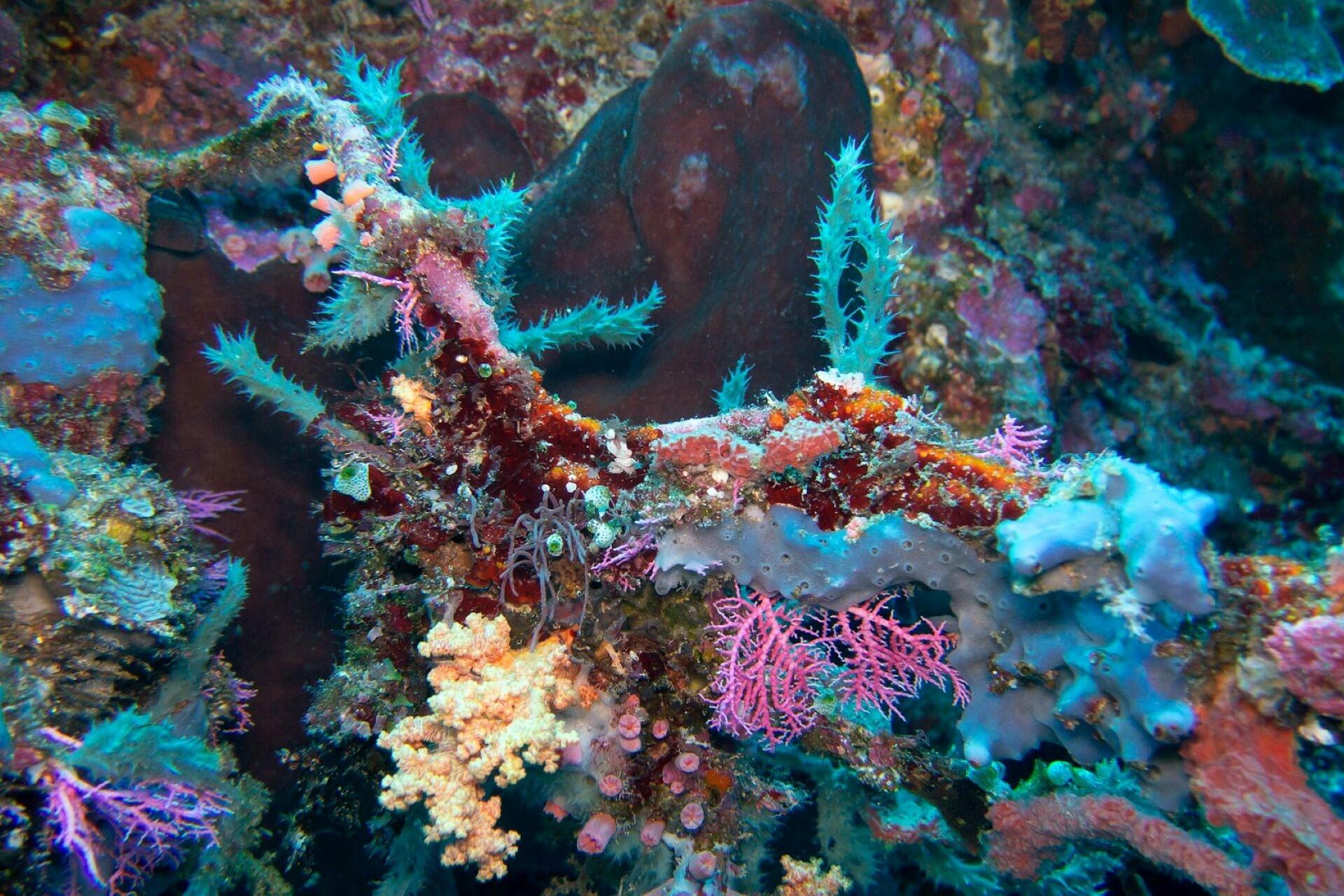If you're passionate about ocean life, environmental conservation, or marine science, marine biology could be your field of study. Texas, with a massive coastline along the Gulf of Mexico, has some of the best colleges for studying marine biology. Here, we'll see some of the best ones.
| University | Location | Degree Programs | Key Features |
|---|---|---|---|
| Texas A&M University (College Station & Galveston) | College Station & Galveston, TX | B.S. in Marine Biology, B.S. in Ocean and Coastal Resources, M.S. & Ph.D. in Marine Biology | State-of-the-art marine research labs, Gulf of Mexico field studies, Expert faculty |
| University of Texas Rio Grande Valley (UTRGV) | Brownsville & Edinburg, TX | B.S. in Marine Biology | Strong coastal ecology research, Partnerships with NOAA & Texas Parks & Wildlife |
| Texas State University | San Marcos, TX | B.S. in Biology with a Marine Biology Concentration | Marine ecology & oceanography courses, Marine field stations access |
| University of Houston - Clear Lake | Houston, TX | B.S. & M.S. in Environmental & Marine Sciences | Focus on marine & environmental sciences, Located near Gulf Coast research centers |
| Baylor University | Waco, TX | Marine Chemistry & Aquatic Ecosystems Research Opportunities | Emphasis on marine chemistry & aquatic sciences, Research-driven program |

Why Study Marine Biology in Texas
With its diverse coastal ecosystems, strong university programs, and plentiful research opportunities, Texas is easily one of the best states for students who want to study marine biology.
In Texas, you can get a high-quality education while also gaining valuable field experience in an ecologically rich region, though you could also attend a good school for marine biology in California.
Top Marine Biology Colleges in Texas
Texas is a fine location to study marine biology because of its natural environment and its educational institutions.
Here are some of Texas's best colleges for marine biology, their degree programs, and the opportunities they could create for you.

Texas A&M University (College Station & Galveston)
Galveston, TX
College Station, TX
2,324
55,568
81%
63%
The Texas A&M College Station and Galveston location offers degree programs in Marine Biology, Ocean and Coastal Resources, and postgraduate options in Marine Biology. This is one of the top institutions for marine biology in Texas. The main campus is in College Station, but the specialized marine-focused campus is in Galveston.
The Marine Biology undergraduate program typically covers marine ecosystems, oceanography, and marine conservation. The Ocean and Coastal Resources program deals with marine resource management, policy, and sustainability.
For those who've finished their undergraduate studies, Texas A&M also offers graduate degrees focusing on advanced research and fieldwork.

So why should you choose Texas A&M?
University of Texas Rio Grande Valley (UTRGV)
Brownsville, TX
29,113
82%
The University of Texas Rio Grande Valley is located in Brownsville and Edinburg and is an affordable, high-quality option for studying marine biology. UTRGV's marine biology program focuses on coastal ecosystems, marine conservation, and fisheries biology.
With its location near the Gulf of Mexico, UTRGV gives students hands-on learning opportunities through fieldwork, internships, and research collaborations with national and state organizations, much like some of Florida's best marine biology schools.
There are several good reasons you should choose this college.
Texas State University
San Marcos, TX
38,171
85%
Texas State University is in San Marcos, TX. Its B.S. Biology with a Marine Biology Concentration is highly recommended. If you want to develop a broad foundation in biological sciences and specialize in marine ecosystems, this could be your college.
Although the college is located inland, it has access to marine field stations along the Gulf of Mexico, where students can gain hands-on research experience in coastal and marine environments.
If you're thinking about studying this program, this should convince you.
Other Notable Marine Biology Programs in Texas
Aside from the universities and colleges we've already mentioned, you may also consider the following:
- University of Houston - Clear Lake – Offers B.S. & M.S. in Environmental & Marine Sciences with a focus on coastal and marine ecosystems.
- Baylor University - Specializes in marine chemistry and aquatic ecosystem research.
These programs provide students with diverse options for studying marine sciences in Texas.

How to Get into a Marine Biology Program in Texas
Choosing one of the best marine biology programs in Texas is all well and good, but these colleges don't just let anybody study there. The better the school, the harder it will be to be accepted onto a program. This will take strong academic preparation, extracurricular activities, and a passion for marine science.
Here's our advice for maximizing your chance of acceptance.
1. Meet the Admission Requirements
Most colleges in Texas have the kind of admission criteria you'll see across schools and the best marine biology programs nationwide.
- A high school diploma (or equivalent) with good grades in science and math.
- A GPA over 3.0 is usually needed, but more competitive programs require a higher GPA.
- SAT/ACT scores. Each institution will vary, but higher scores for better courses are usually the rule of thumb.
For each college, check the exact requirements.

2. Take Relevant High School Courses
Your application can be boosted by choosing the right courses at high school. Math and science courses are good for your application, but all of the following can be useful:
- Biology – Essential for understanding marine organisms and ecosystems.
- Chemistry – Key for marine chemistry and oceanographic studies.
- Physics – Helps with understanding ocean currents and marine dynamics.
- Mathematics (Algebra, Calculus, or Statistics) – Useful for data analysis in research.
- Environmental Science – Provides a foundation for marine ecology and conservation.
Taking AP Biology, AP Chemistry, or AP Environmental Science in high school can strengthen your application and prepare you for college-level coursework.
3. Gain Hands-On Experience in Marine Science
Outside of school, you can boost your chances of being accepted into marine biology programs by volunteering at aquariums, participating in relevant summer programs or field trips, or helping at conservation groups.
Whether it's for a marine biology program in Georgia, Texas, or anywhere else, volunteering shows you're serious about it.
4. Write a Strong Application Essay
Most schools ask for a personal statement or essay. Make sure that yours is excellent. Highlight your passion for marine biology, and mention any other activities related to marine science. Don't forget to mention what you'd like to do after your degree and how the program will help you achieve your goals.
Career Opportunities for Marine Biology Graduates
So, what can you do with a marine biology degree? As a science degree, it naturally offers pathways to science careers. These can be at government agencies, private industries, nonprofits, or research institutions.
Typical jobs for marine biology graduates include:
- Marine Biologist – Studies marine organisms, ecosystems, and conservation methods.
- Coastal Ecologist – Works to protect coastal environments and wildlife habitats.
- Marine Research Scientist – Conducts scientific studies on marine biodiversity, ocean chemistry, and climate change.
- Aquatic Veterinarian – Specializes in the health and treatment of marine animals.
- Fisheries Scientist – Manages and conserves fish populations and aquatic resources.
- Environmental Consultant – Advises on marine conservation policies and sustainability practices.

These may all sound like interesting careers, but how much can you earn with them?
Average Salaries for Marine Biology Careers in Texas:
- Marine Biologist: $60,000 - $80,000 per year
- Fisheries Scientist: $55,000 - $75,000 per year
- Environmental Consultant: $50,000 - $85,000 per year
- Aquatic Veterinarian: $70,000 - $100,000 per year
per year on average.
Once you graduate, you can start looking for marine science jobs. To begin your search, you can look in the following places.
- Government Agencies – NOAA, Texas Parks & Wildlife, Environmental Protection Agency (EPA).
- Research Institutions – Texas A&M Marine Biology Lab, Gulf Coast Research Labs.
- Aquariums & Marine Centers – Texas State Aquarium, SeaWorld San Antonio.
- Nonprofits & Conservation Groups – Ocean Conservancy, Marine Mammal Rescue Programs.
Marine biology isn't the easiest subject to study, which is why some programs are so competitive. However, if you need any help getting the GPA you need for your desired course or studying marine biology for one of these programs, look for a private tutor on the Superprof website.
There are tutors all over Texas and around the world who can help, and by searching for marine biology on Superprof, you can start browsing their profiles today. There are tutors for every level and budget, and with many offering the first session for free, why not try a few before choosing the right one?
Summarize with AI:















